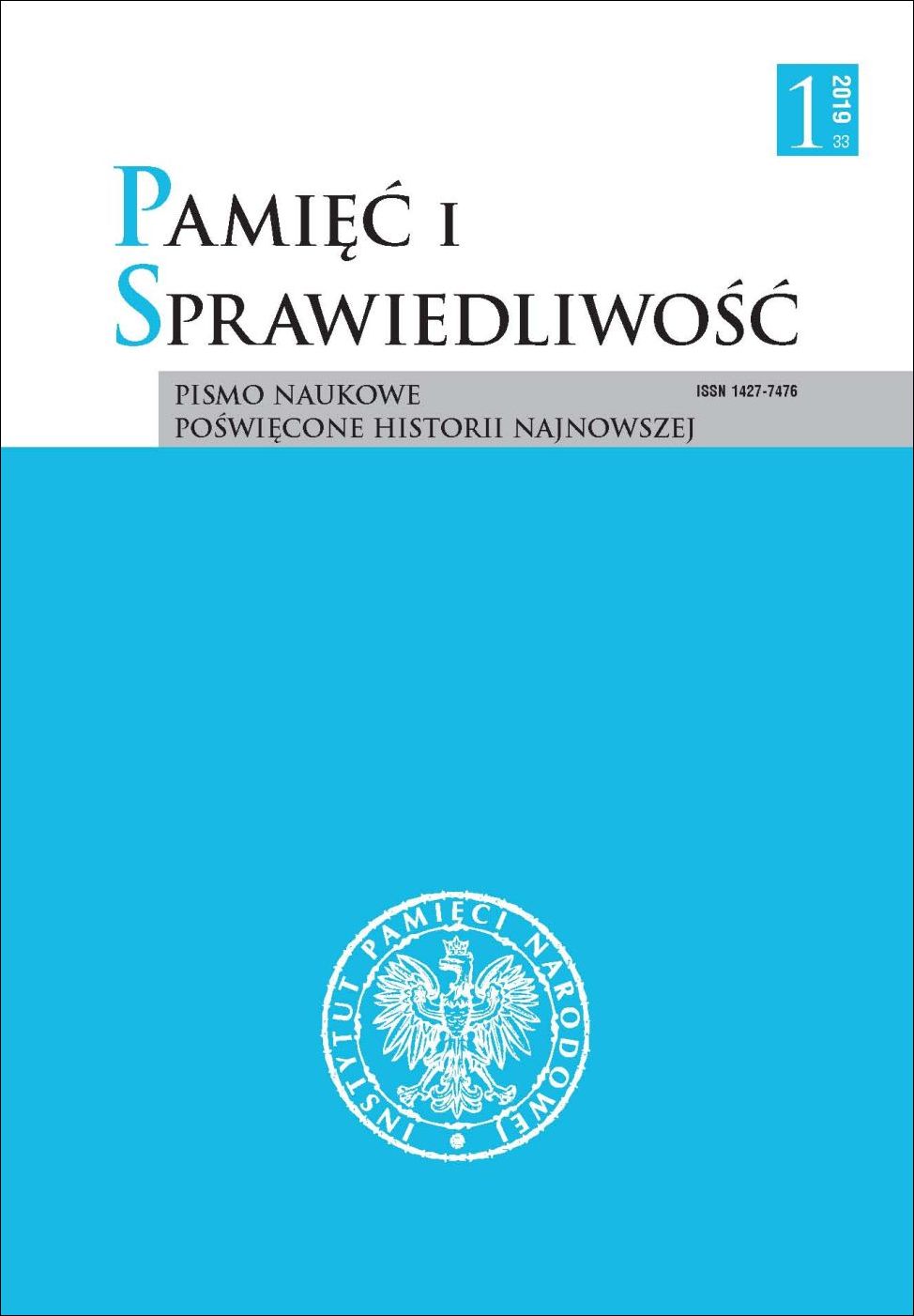The Communist Party of Lithuania in the Breakthrough Years 1988–1990
Remembrance and Justice, Vol. 33 No. 1 (2019), pages: 211-229
Publication date: 2019-06-30
Abstract
I n the years 1988–1990, the Communist Party of Lithuania transformed from a Marxist-
-Leninist party to a classic social democratic formation called the Democratic Labour
Party of Lithuania. It could take advantage of Mikhail Gorbachev’s Perestroika ideas in order to achieve its own goals. The party had several experienced politicians (Algirdas
Brazauskas, Česlovas Juršėnas and others) who led it during the complex political and
economic transformation. The tragic events of 13 January 1991, during which 14 civi-
lians were killed by Soviet soldiers, depicted how tragic and dangerous this period was.
In autumn 1992, the Democratic Labour Party of Lithuania recorded a huge success in
the parliamentary elections by winning over a half the mandates. Its leader Algirdas
Brazauskas was elected the president of Lithuania. The formation had its representatives
during all terms of offices of the Lithuanian Sejm still after 1990. Irrespective of the suc -
cessful trajectory, the Lithuanian Sejm passed a resolution in June 2017 by a majority of
votes and found the Communist Party of Lithuania a criminal organization. After the
events of 13 January 1991, another faction of the Communist Party of Lithuania on the
platform of the Communist Party of the Soviet Union was accused of acting in order to
overturn Lithuania’s independence, found to be illegal and against the country’s inte-
rests, while its leaders were sentenced to many years of imprisonment.
References
Brazauskas A., Apsisprendimas 1988–1991, Vilnius 2004.
Brazauskas A., Lietuviškos skyrybos, Vilnius 1992.
Gorbachev M., Poniat‘ pieriestrojku… Poczemu eto ważno siejczas, Alpina Biznes Buks 2006.
Gorbachev M., Zhizn‘ i reformy, Kniga 1, Moskva 1995.
Lietovos Komunistų Partija Praetis, Nūdiena, Ateitis, Vilnius 1989.
Lietuvos Komunistų Partija skaičiais 1918–1975, Vilnius 1976.
Lietuvos Statistikos Metraštis 1997, Vilnius 1997.
Nie tylko Litwa. Geneza i przebieg upadku ZSRR po 1991 roku, t. 1, red. A. Srebrakowski,G. Strauchold, Łomianki 2017.
 Język Polski
Język Polski
 English
English
 Deutsch
Deutsch
 Français (France)
Français (France)
 Italiano
Italiano
 Русский
Русский


 PDF (Język Polski)
PDF (Język Polski)
